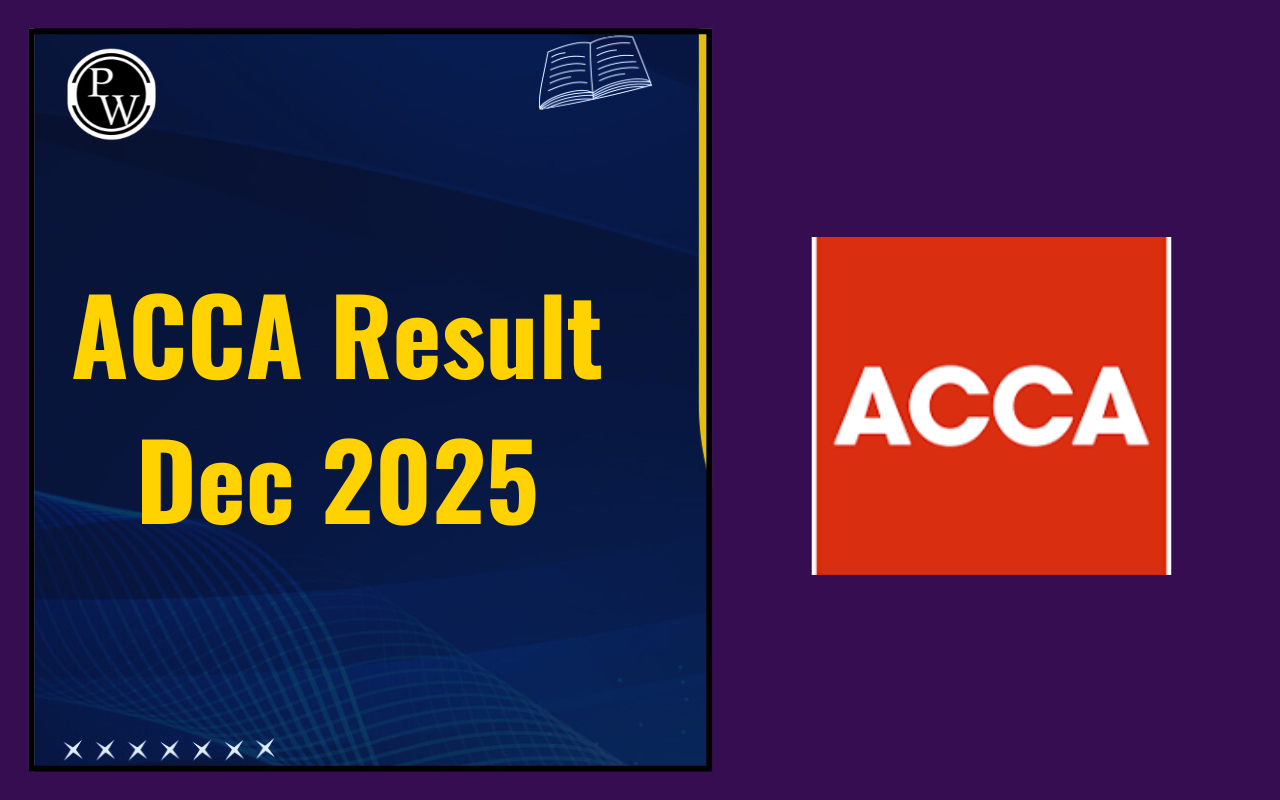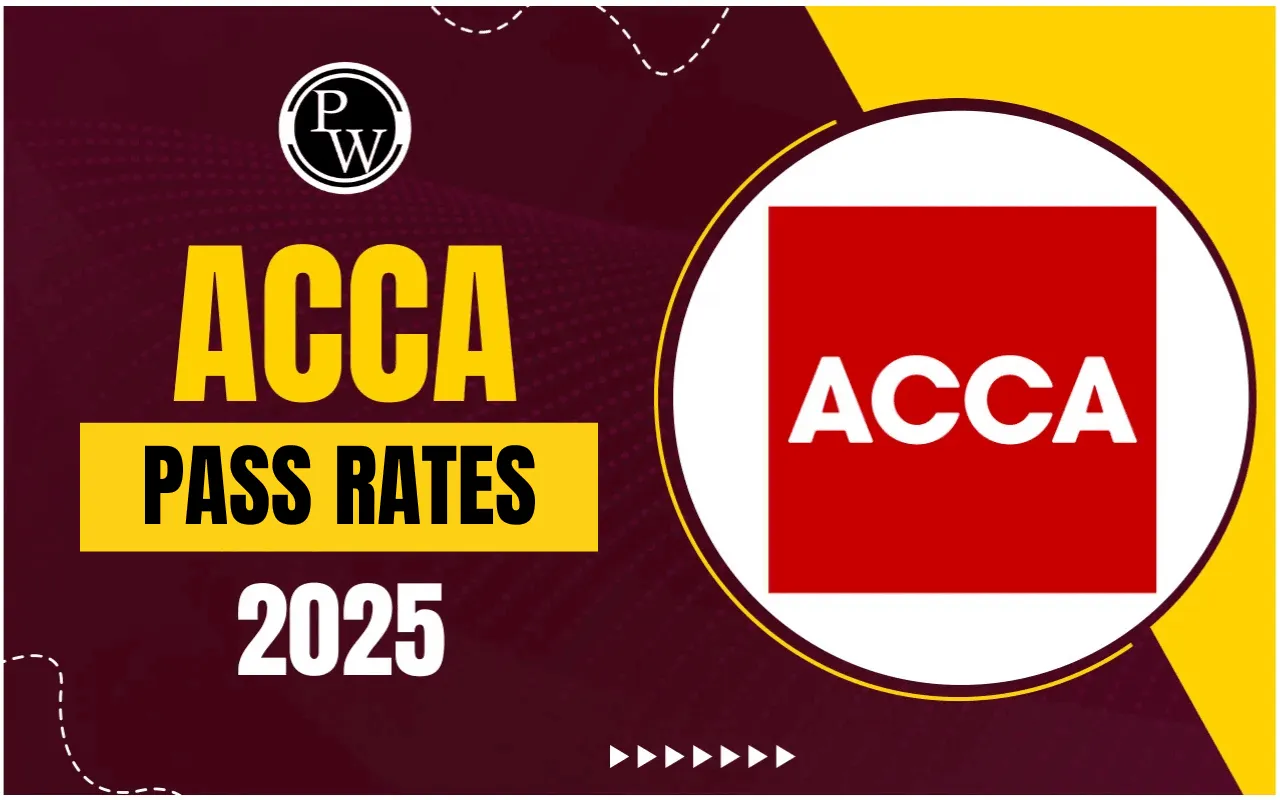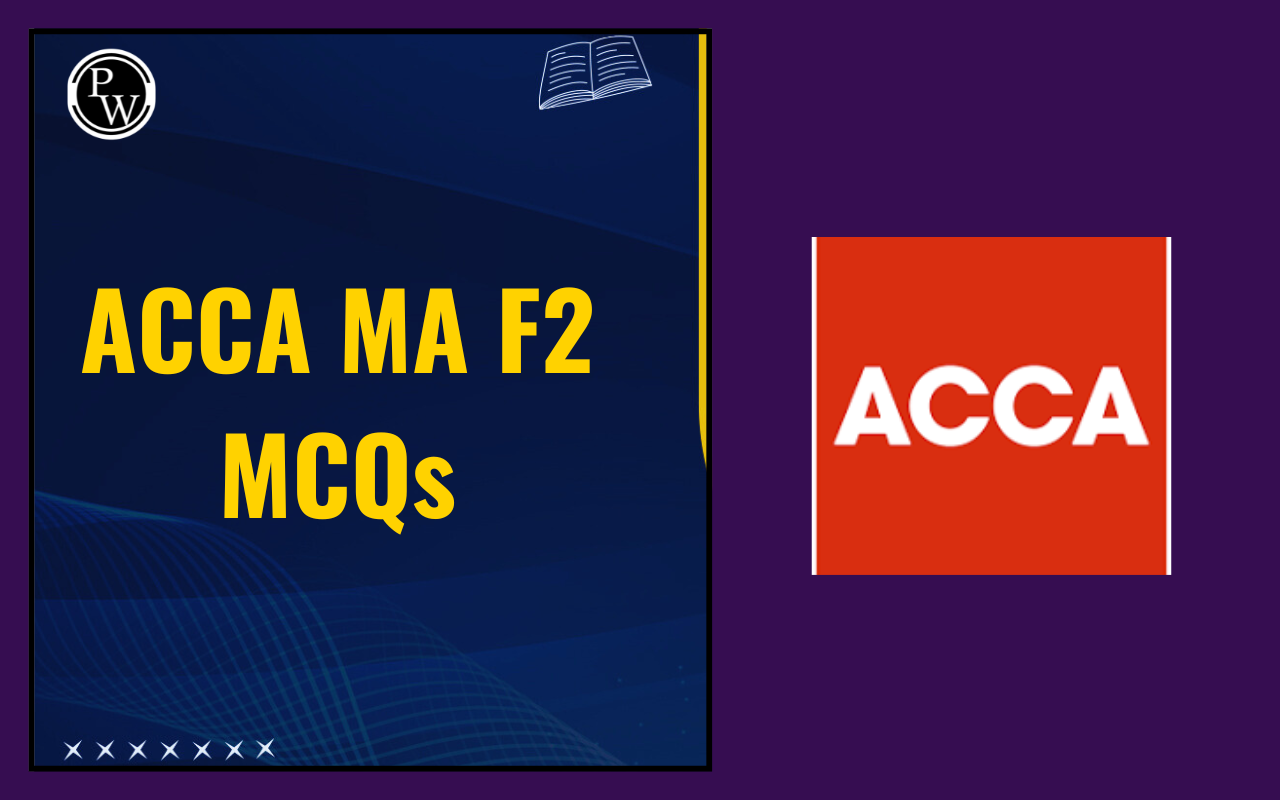
Choosing between ACCA vs CPA is a critical decision for anyone looking to build a career in accounting and finance. Both qualifications offer excellent opportunities, but they differ in terms of scope, recognition, and career prospects.
Whether you aim to work in a multinational corporation or establish yourself as an accounting expert in a particular region, understanding the nuances of ACCA vs CPA can help you make an informed choice.
What is ACCA?
ACCA (Association of Chartered Certified Accountants) is a globally recognized professional accounting qualification that enables professionals to work across multiple industries and countries.
Established in 1904, ACCA has been instrumental in shaping the careers of thousands of accountants worldwide. The qualification is designed to equip individuals with strong financial, business, and management skills, making them highly sought after by employers.
The following are the advantages of choosing ACCA:
-
Globally accepted qualification.
-
No strict sequence for taking exams.
-
Focuses on financial management, taxation, and business skills.
-
Flexible study options for working professionals.
What is CPA?
CPA (Certified Public Accountant) is a prestigious accounting certification primarily recognized in the United States and other English-speaking countries. CPA-qualified professionals possess in-depth expertise in accounting, auditing, taxation, and financial management. The CPA credential is a requirement for individuals looking to practice as certified public accountants in the U.S. and ensures a high level of competence and ethical standards.
The following are the advantages of choosing CPA:
-
Highly recognized in the U.S.
-
Strong career opportunities in public accounting and taxation.
-
Shorter qualification period compared to ACCA.
-
High earning potential.
Difference Between ACCA and CPA
Both ACCA vs CPA are globally recognized accounting qualifications, but they have key differences in terms of recognition, structure, eligibility, and career opportunities. The following is a detailed comparison:
1. Global Recognition
ACCA (Association of Chartered Certified Accountants) is an internationally recognized qualification accepted in over 180 countries, including the UK, UAE, Canada, Australia, and Singapore. It offers flexibility for professionals looking to work in multinational firms across various industries.
CPA (Certified Public Accountant) is primarily recognized in the United States, with strong demand in countries that follow US accounting standards, such as Canada, Australia, and some parts of the Middle East.
2. Exam Structure & Requirements
ACCA vs CPA differ significantly in their exam patterns.
ACCA consists of 13 papers divided into three levels: Applied Knowledge, Applied Skills, and Strategic Professional. These exams do not have a fixed sequence, allowing students to take them at their own pace.
CPA requires candidates to pass four sections: Auditing & Attestation (AUD), Business Environment & Concepts (BEC), Financial Accounting & Reporting (FAR), and Regulation (REG). The CPA exam must be completed within an 18-month window in a specific sequence.
3. Eligibility Criteria
To pursue ACCA, students can start after completing high school (10+2) or equivalent. It is ideal for those who wish to enter the accounting profession early.
CPA, on the other hand, requires candidates to have a bachelor’s degree in accounting or a related field, often with 150 credit hours. Work experience is also required in most cases.
4. Career Opportunities
Both qualifications open doors to high-paying careers, but their focus areas differ.
ACCA professionals work in auditing, taxation, finance, consulting, and banking.
CPA professionals specialize in financial reporting, taxation, auditing, and public accounting, with a strong presence in US-based companies.
5. Cost & Duration
ACCA takes around 2-3 years to complete and is relatively more affordable. CPA takes about 1-2 years, but the cost is higher, including exam and licensing fees.
ACCA Syllabus Overview
The ACCA Syllabus is structured into three levels:
Applied Knowledge
-
Business Technology (BT)
-
Management Accounting (MA)
-
Financial Accounting (FA)
Applied Skills
-
Corporate & Business Law (LW)
-
Performance Management (PM)
-
Taxation (TX)
-
Financial Reporting (FR)
-
Financial Management (FM)
-
Audit and Assurance (AA)
Strategic Professional
-
Strategic Business Leader (SBL)
-
Strategic Business Reporting (SBR)
-
Advanced Financial Management (AFM)
-
Advanced Performance Management (APM)
-
Advanced Taxation (ATX)
-
Advanced Audit and Assurance (AAA)
CPA Syllabus Overview
The CPA syllabus consists of four exam sections:
-
Auditing and Attestation (AUD): Covers auditing procedures, ethics, and risk assessment.
-
Business Environment and Concepts (BEC): Covers corporate governance, economic concepts, and IT systems.
-
Financial Accounting and Reporting (FAR): Focuses on financial statements, US GAAP, and IFRS.
-
Regulation (REG): Covers taxation, business law, and ethics.
Which Qualification Should You Choose Between ACCA and CPA?
The choice between ACCA VS CPA depends on your career goals:
-
Choose ACCA if you want global mobility and a career in corporate finance, auditing, or consulting.
-
Choose CPA if you plan to work in the U.S. and specialize in taxation or public accounting.
Both ACCA VS CPA are prestigious qualifications that can significantly boost your career. If you are aiming for international exposure, ACCA is the right choice. However, if you want to specialize in taxation and accounting within the U.S., CPA is the better option. Carefully assess your goals, location preferences, and career aspirations before making a decision.
| Also Check | |
| ACCA 2025 | ACCA Exam Dates 2025 |
| ACCA Syllabus 2025 | ACCA Exam Pattern 2025 |
| ACCA Exemptions | ACCA Eligibility Criteria 2025 |
| ACCA Exam Docket 2025 | ACCA Exam Booking 2025 |
FAQs
Is ACCA harder than CPA?
Can I pursue CPA after completing ACCA?
Which qualification has better job opportunities: ACCA or CPA?
How long does it take to complete ACCA or CPA?










